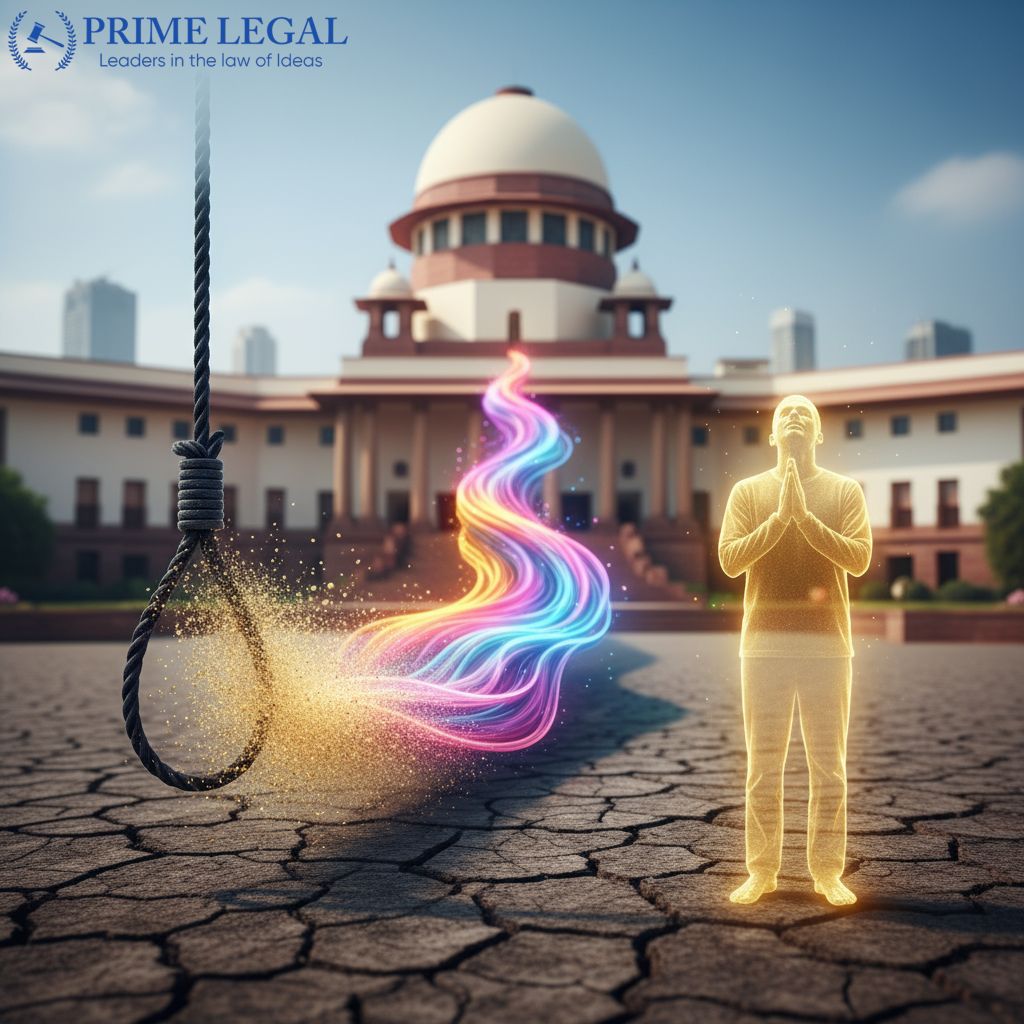Introduction
In any situation, it is necessary that the charges against a person are proved beyond reasonable doubt to hold him/her liable for an offence. The prosecution has the burden of proof to establish the guilty mind and act of the accused person.
They are to prove before the court beyond any reasonable doubt that it was indeed the accused who has committed the offence and shall strengthen their arguments with evidence. In case the prosecution fails to establish its case beyond a reasonable doubt, the court can, based on the finding, acquit a person. In the case of Dashwanth vs. the State of Tamil Nadu 2025 INSC 1203, the Supreme Court has acquitted the accused on the basis that the prosecution has failed to establish the case beyond a reasonable doubt.
Background
Dashwanth was accused of raping a minor girl, murdering her and then burning off her body to erase evidence. Dashwanth allegedly raped a seven-year-old girl who was playing on the playground with other kids, while her parents were out shopping. The girl was reported missing at around 7:15 pm. The accused was last seen with the girl at around 6:15 pm. And, therefore, he was made the suspect, and the investigating officer collected evidence to prove the accused guilty of the rape and murder of the minor girl. The Sessions Judge, Mahila Court, Chengalpattu, found him guilty and gave him a death sentence. This was upheld by the Madras High Court. The accused finally approached the Supreme Court.
Key points
Rushed and Faulty Investigation: The Supreme Court observed that the incident took place on 5th February 2017, and the accused was arrested on 7th February 2017. The Investigating officer had submitted that there was CCTV evidence showing the suspicious activity of the accused; however, this CCTV footage was never submitted to the court. The CCTV monitor said that the police viewed the footage, but the investigating officer said that the father of the child watched the footage along with the CCTV monitor. The semen samples from the dress of the deceased child, which were collected near a petrol station on the statement of the accused, were sent for examination on April 7th 2017, and the blood samples of the accused were collected in June. This shows that there is scope for interfering with the evidence. The accused was arrested at 9:00 am, and the father of the child said that the police had given him a detailed explanation of the incident by then.
Violation of fair representation: The accused was given legal representation through legal aid only after the charges were filed against him. He was given legal aid on 13th December, 2017, and the first hearing with 30 witnesses was on 18th December. Further, the collection of evidence, including the undergarments of the child and the bottle used to buy petrol, was all collected based on the statement allegedly given by the accused to the police.
Conclusion
The Supreme Court observed that there was a violation of Article 21 and 22(1), which is the right to fair hearing and the right against self-incrimination. The entire case of the prosecution feels fabricated and constructed by the investigating officer to show the appellant as the accused. The Supreme Court also observed the hasty way in which the death sentence was granted by the trial and High Courts to be arbitrary, as they had failed to follow the procedures necessary before granting a death sentence, such as conducting a psychological evaluation. The Supreme Court, due to the arbitrary investigation and failure to establish the case beyond reasonable doubt, acquitted the accused.
“PRIME LEGAL is a full-service law firm that has won a National Award and has more than 20 years of experience in an array of sectors and practice areas. Prime legal falls into the category of best law firm, best lawyer, best family lawyer, best divorce lawyer, best divorce law firm, best criminal lawyer, best criminal law firm, best consumer lawyer, best civil lawyer.”
WRITTEN BY: I Sharan


